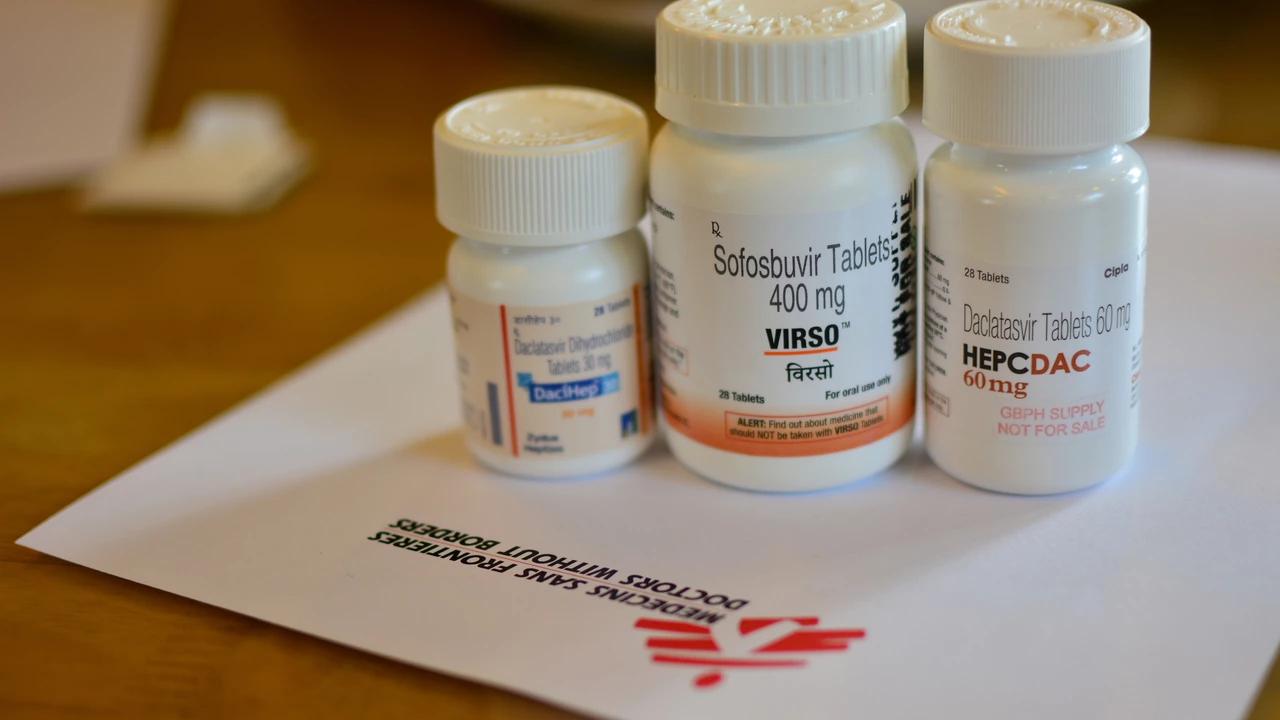Role — Practical Guides on Drug Uses, Alternatives, and Online Pharmacy Safety
Want to know what a drug actually does, whether an alternative will work, or how to buy meds online without getting scammed? The "role" tag collects short, practical reads that answer those exact questions. You’ll find plain-language drug profiles, head-to-head comparisons, and step-by-step safety tips for online pharmacies.
What you’ll find here
Under this tag you’ll see three main types of posts. First, drug profiles that explain why a medicine is prescribed, how it works, common doses, and side effects — for example, guides on Ativan, Diovan, or Tranexamic Acid. Second, comparison and alternatives articles that show realistic swaps (like Natural Desiccated Thyroid vs Synthroid or alternatives to Propecia and Trazodone). Third, practical online pharmacy guides and reviews that tell you how to buy meds safely and where to save money, such as reviews of UniversalDrugstore.com and my-generic-pharmacy.com.
How to use these guides
Start by reading the short drug profile to understand the core role of the medicine. Look for sections on mechanism, typical dosing, and the main side effects. If you’re exploring alternatives, match on how the drug works (mechanism) and on key effects you need — not just the name. For instance, if you need a blood-pressure effect, compare ARBs by evidence and monitoring needs, not by brand alone.
When buying online, use a quick safety checklist: check for a physical address and phone number, verify the site uses HTTPS, look for clear prescription requirements, and read recent user reviews. If a site sells controlled meds without a prescription or offers prices that look too good to be true, walk away. Our articles show red flags and recommend safer alternatives.
Want to switch or try a supplement? Read the evidence section first. Posts about supplements like selenium for thyroid support or omega-3s for triglycerides include doses, expected benefits, and common risks so you don’t guess at your own health.
If you’re comparing side effects or drug interactions, write down your current meds and any chronic conditions before reading — that makes the guidance useful and fast. Many pages here include practical tips like what labs to check, which interactions are urgent, and what to tell your doctor at your next visit.
Use the tag as a quick reference: scan titles for the problem you have, open the short guide, and follow the safety steps. If something sounds complicated or risky, talk to your prescriber. These posts are built to help you ask better questions and make safer choices, not to replace personalized medical advice.
See titles like "How to Safely Buy Sertraline Online" or "Calcort: Uses, Benefits, Side Effects" for examples of the clear, direct coverage you’ll find under this tag.


